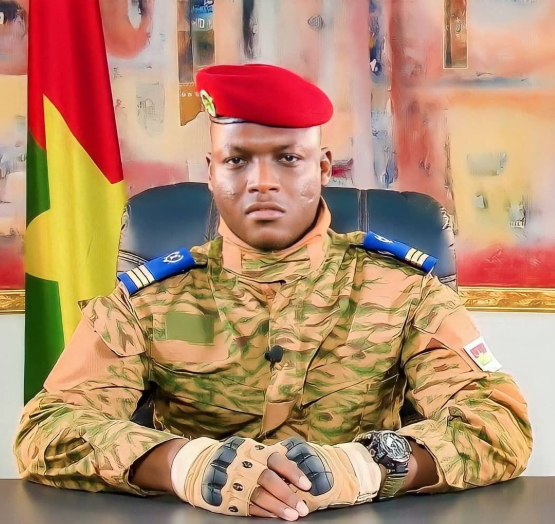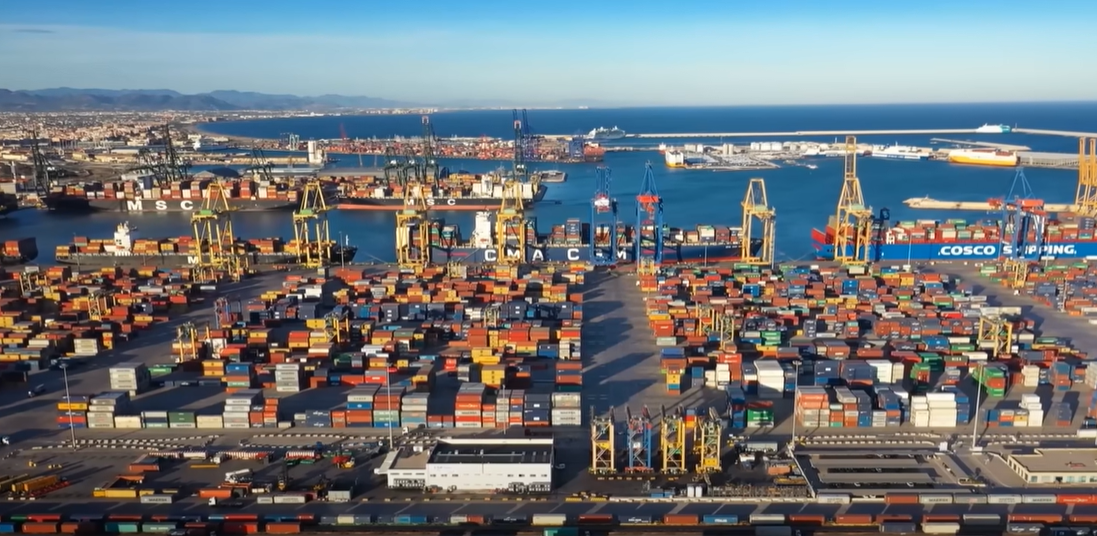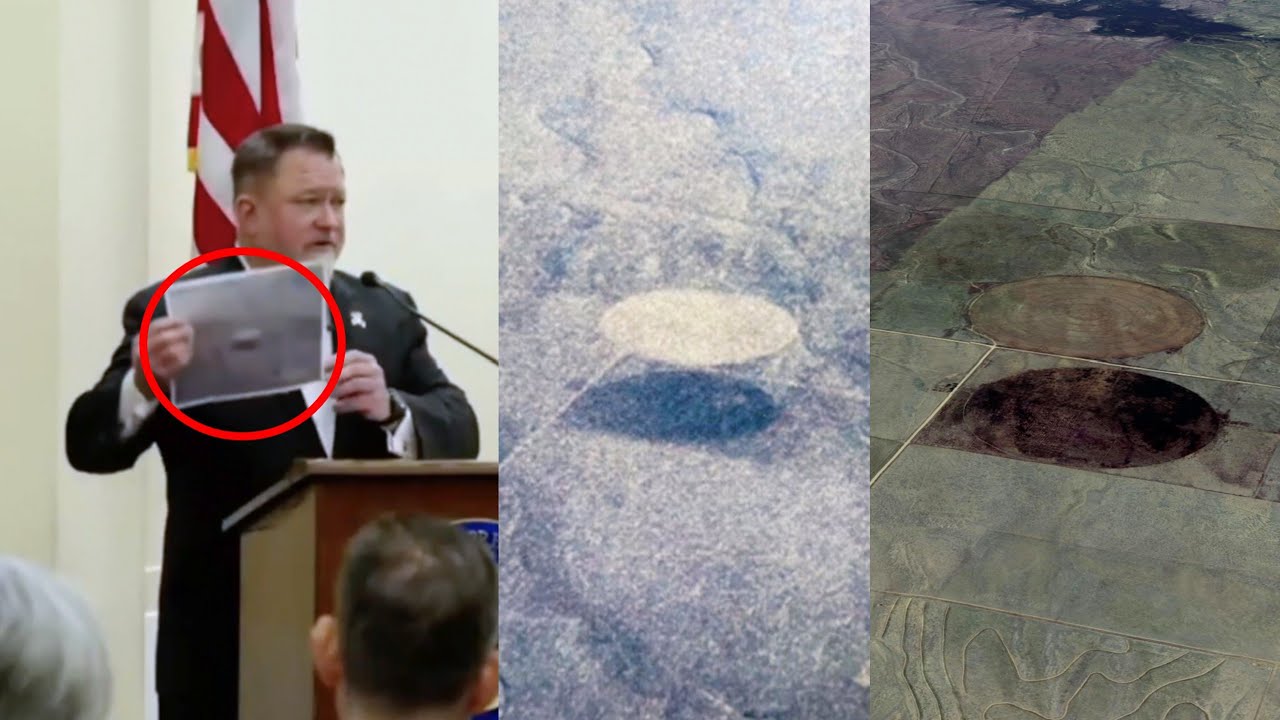**Morocco’s Bold Move: A Gift of Unity to Burkina Faso and the AES Alliance After Failed Coup**

In a stunning display of solidarity and strategic foresight, Morocco has extended a lifeline to Burkina Faso and the Alliance of Sahel States (AES) in the wake of a failed coup attempt that rattled the region. King Mohammed VI’s unprecedented offer of military cooperation and access to Morocco’s Atlantic ports marks a pivotal moment in African diplomacy, sending shockwaves through a continent often marred by division and external pressures.
Just weeks ago, Burkina Faso’s President Ibrahim Traoré found himself at the center of a global crisis, facing accusations and a coup that nearly toppled his government. In an era where many African leaders remained silent, Morocco’s monarch stepped up, not merely with words but with tangible support. This act of courage and brotherhood challenges the narrative of isolation that has plagued the Sahel, where nations like Mali and Niger have often been sidelined by their neighbors and foreign powers.

Morocco’s gesture is more than a diplomatic maneuver; it is a clarion call for unity among African nations. In a region that has historically been divided by colonial legacies and geopolitical interests, King Mohammed VI has opened the door to a new era of cooperation. By offering military support, economic partnerships, and unfettered access to its ports, Morocco has provided the AES nations with a critical lifeline, enabling them to bypass the hostile routes that have long restricted their access to global markets.
This bold initiative comes at a time when Burkina Faso, Mali, and Niger are grappling with the consequences of foreign intervention and sanctions imposed by the Economic Community of West African States (ECOWAS). While regional giants like Nigeria and Ivory Coast have turned their backs, Morocco’s actions exemplify the power of African-led solutions to African problems. The King’s commitment to solidarity over control resonates deeply, especially as the Sahel nations strive to reclaim their sovereignty and rebuild from the chaos that has engulfed them.
During a high-level summit in Rabat, the atmosphere was charged with emotion as Burkina Faso’s Foreign Minister Karamoko Jean Marie Traoré expressed profound gratitude for Morocco’s support. He hailed the King’s understanding of the Sahel’s plight as a reflection of deep love for Africa, emphasizing that this was not merely a trade deal but a transformative moment for the region. Mali’s Foreign Minister Abdul Dop echoed these sentiments, calling the port access a game-changer that could finally shatter the isolation that has hindered Sahelian progress for generations.

Morocco’s approach stands in stark contrast to the punitive measures often employed by regional and international actors. Instead of imposing sanctions or demanding rapid returns to civilian rule, Morocco has chosen empathy and respect, fostering dialogue and cooperation. This paradigm shift is not just about political expediency; it is a recognition of the shared struggles that bind these nations together.
The stakes are high, and the implications of Morocco’s actions reverberate beyond mere geopolitics. By prioritizing development over military intervention, King Mohammed VI is laying the groundwork for a future where the Sahel can thrive through trade, infrastructure, and education. His vision challenges the conventional wisdom that security must come from external forces, instead asserting that true stability arises from within, through empowerment and opportunity.
As the world watches, Morocco’s bold initiative serves as a reminder of the potential for African unity. It is a call to action for other nations to step up, to choose partnership over silence, and to invest in the future of a continent that has too often been fragmented by external interests. The dream of a united Africa, long whispered through generations, is now within reach—if only its leaders dare to embrace it.
This moment is not just a chapter in African history; it is a turning point. Morocco’s gift to Burkina Faso and the AES is not merely about ports and trade; it is about the promise of solidarity, the courage to stand together, and the unwavering belief that a brighter future is possible. As the narrative of Africa continues to unfold, one thing is clear: unity is not just a dream; it is a tangible reality that can be forged through collective action and shared purpose.

